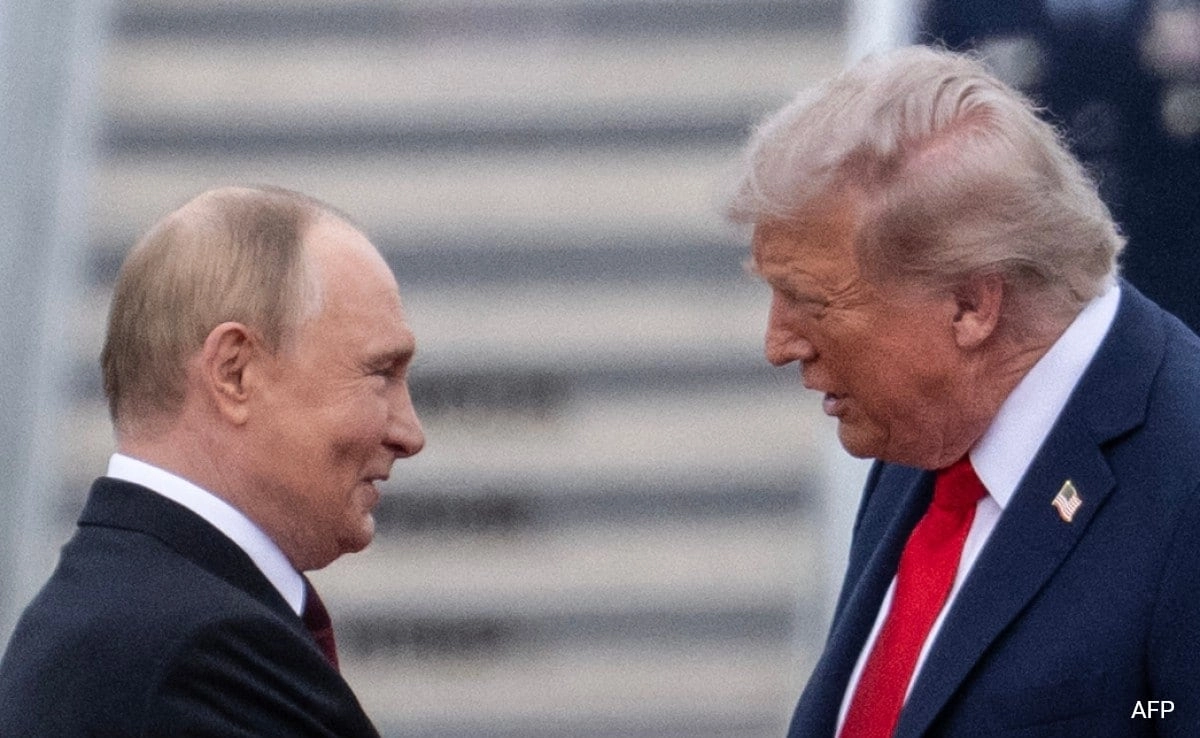In a recent discussion regarding the Alaska summit, former National Security Advisor John Bolton made a bold assertion, stating that “Trump didn’t lose, Putin clearly won.” This remark encapsulates the growing concerns among analysts and political figures about the implications of the summit for U.S.-Russia relations. Bolton, who has long been a critic of both Trump and Putin, emphasized that the meeting could be seen as a manifestation of power dynamics favoring the Kremlin. He argued that the summit allowed Putin to project strength on the global stage while simultaneously undermining U.S. interests.
Bolton’s commentary reflects a broader sentiment that has emerged in the wake of high-level diplomatic engagements between the two nations. The Alaska summit, in particular, was characterized by a contentious atmosphere, marked by sharp exchanges and a lack of consensus on critical issues. Bolton pointed out that such meetings often provide authoritarian leaders like Putin an opportunity to bolster their image domestically and internationally, while the U.S. risks appearing weak or disunited. This dynamic raises pertinent questions about the effectiveness of U.S. foreign policy and its ability to navigate the complexities of international relations, especially with adversarial nations.
Furthermore, Bolton underscored the long-standing challenges that the U.S. faces in countering Russian aggression. He suggested that the outcome of the Alaska summit, rather than establishing a foundation for constructive dialogue, reinforced existing tensions and highlighted the stark differences between the two countries. In Bolton’s view, the summit was less about achieving diplomatic breakthroughs and more about allowing Putin to maintain his grip on power, both at home and in the geopolitical arena. The implications of this analysis resonate beyond the immediate context of the summit and point to a need for a reevaluation of U.S. strategies in dealing with Russia.
Ultimately, Bolton’s assertions serve as a reminder of the complexities inherent in U.S.-Russia relations and the importance of a coherent, strategic approach to foreign policy. As the global landscape continues to evolve, it is crucial for U.S. leaders to recognize the potential pitfalls of engaging with authoritarian regimes. The Alaska summit, instead of being viewed as a mere diplomatic event, should be analyzed through the lens of power dynamics and the broader implications for international stability.




